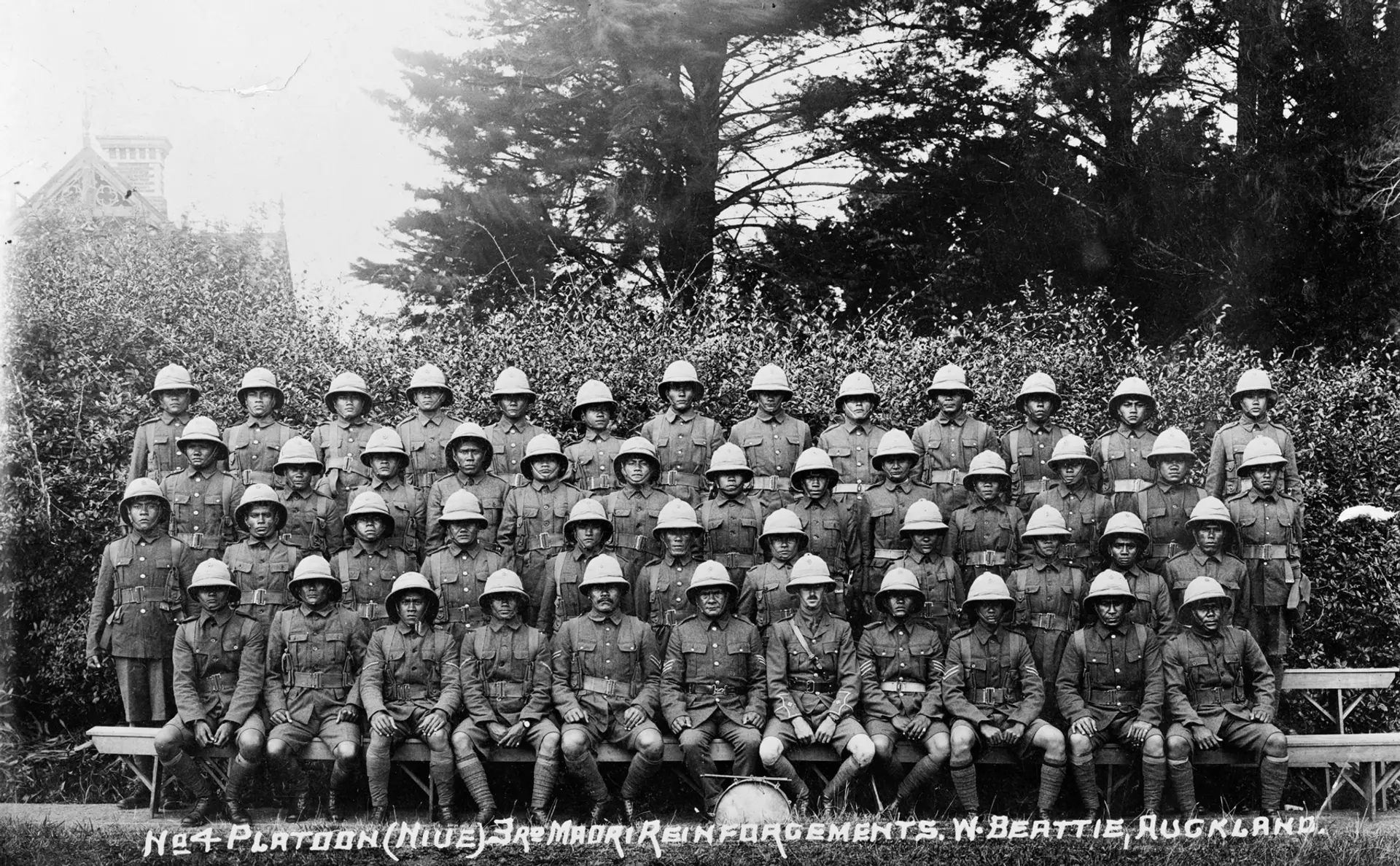New Zealand was a colonial power. It may have been a small one, compared with the metastasised behemoths spreading out from their northern hemisphere origins, but its nineteenth and early-twentieth-century governments were keen to get in on the colonial action. My anecdotal experience is that alarmingly few Pākehā adults seem to be aware of the existence of New Zealand’s own empire, or to know details about the impacts this empire had on the people who lived on the islands governed by New Zealand. It was, therefore, encouraging to see New Zealand’s empire, which reached Sāmoa, the Cook Islands, Niue, and Tokelau, explicitly included in the Aotearoa New Zealand Histories curriculum.
It is also heartening to see that a number of recent histories have been taking a wider view of Aotearoa’s connections with its near neighbours, putting the Pacific back into New Zealand’s histories, as we also intend to do in this project. Not only will these be a potential resource for kaiako to introduce to ākonga studying this curriculum, but for whānau to easily access too.
Jared Davidson’s 2023 monograph, Blood and Dirt: Prison Labour and the Making of New Zealand, reflects on the many ways in which the infrastructure we use every day—roads, tunnels, government buildings, courthouses—was built by unfree labour. He tells this story through places and people living in New Zealand and those in New Zealand’s colonies and dependencies. His highly-readable text connects missionary-imposed rules and restrictions, colonial governments’ codification of laws, the demands of capitalism, and the ethos of ‘improvement’ to the forced labour of prisoners.
The new season of Untold Pacific Histories, a vital and compelling podcast/video documentary series from RNZ, launched with the story of ‘the forgotten soldiers of Niue’, 150 men (out of a total of c.4000 total population) who volunteered to join the New Zealand Expeditionary Force during the First World War, and were sent to the frontline in France. Season 1 includes stories about the Dawn Raids, the murder of NZ Commissioner Larsen in Niue, and the fatal consequences of New Zealand’s rule in Sāmoa, focused on the Mau and Black Saturday.

